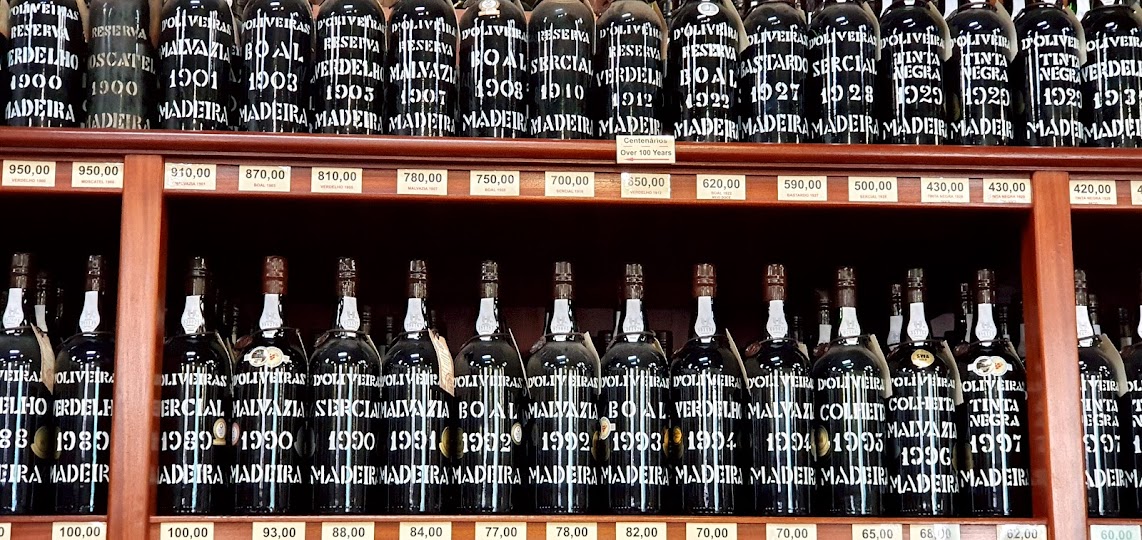You think of Portuguese fortified wines and immediately port comes to mind. If you are a lover or fortified then you will probably know madeira wine with its magic heating process. No one I ever met, even among sommeliers, including myself!, ever mentioned Moscatel de Setúbal.
A masterclass by Sarah Ahmed, The Wine Detective, organized by The Big Fortified Tasting plugged this unjustified hole in my knowledge base and I hope it will do the same for my readers. This is some of the main takeaways from her talk.
More info on the Setúbal Peninsula wines website.
 |
| Image courtesy of Setúbal peninsula Wines |
 |
| Image courtesy of Setúbal peninsula Wines |
The area is of course by the sea and enjoys a maritime climate. Vines are often planted facing north up to several hundred meters of altitude to moderate exposure to heat and preserve freshness. There is also a planting area at 50-80 meters and it is mostly flat, and this produces richer wines. Soil is mostly clay and limestone.
Total area planted for Moscatel de Setúbal is 634 hectares and 62 additional hectares for roxo.
Denomination of Origin established as far back as 1908 for Moscatel de Setúbal (1989 for Pamela). Wines must be made with at least 85% Moscatel de Setúbal grapes or the red variant Roxo. Moscatel de Setúbal is known as Muscat of Alexandria, or Zibibbo in southern Italy and specifically in Pantelleria.
The grapes are destemmed before being crushed, then left to ferment with the skins. Fermentation is stopped with fortification and maceration continues for over three months. Skins are pressed for further extraction and aging is at least 18 months in steel (resulting in a "young" fresher wine, up to 5 years of aging) or oak barrels (resulting in a "classic" velvety and nutty wine, 5+ years of aging).
Vintage wines must hold at least 85% of the same year in the bottle and Reserva is given by a tasting panel without any additional aging, while Superior requires 5 more years.
 |
| Sarah Ahmed |
1. Adega de Palmela 2021


No comments:
Post a Comment
Please leave your comments here! Thank you!